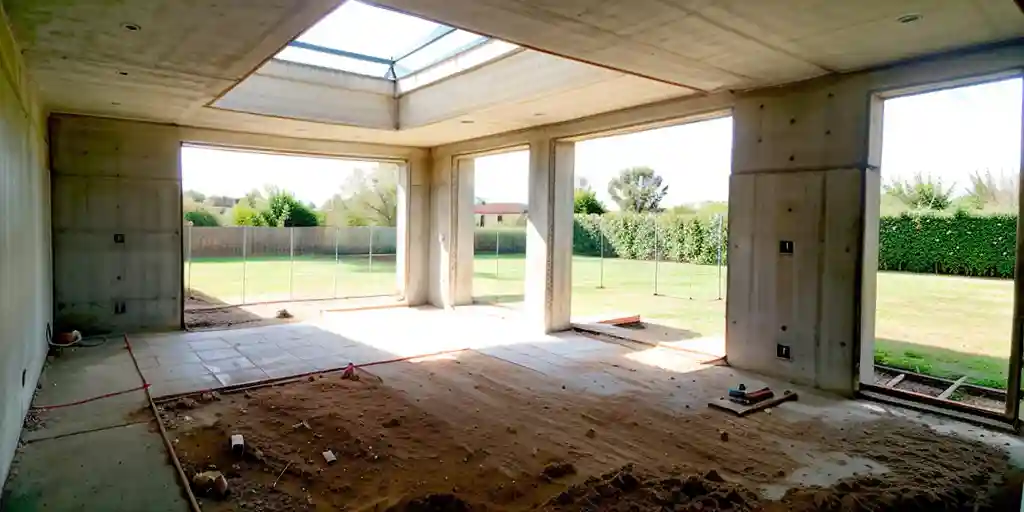
Smart Project Management with BIM Management Tools
As construction projects grow more complex, BIM Management has become indispensable for managing various elements of design, construction, and operations. Integrating artificial intelligence (AI) into BIM systems makes managing these complex projects more efficient by automating workflows, improving team coordination, and anticipating potential issues. In this article, we explore how AI can enhance Project Management, streamline processes, and optimize outcomes in construction project workflows.
How Can AI Facilitate the Management of Complex BIM Projects in BIM Management?
AI-powered BIM Management solutions bring automation, predictive analytics, and real-time collaboration to complex construction projects. Here’s how AI contributes to more efficient project management.
Tracking Versions and Automated File Management
One of the major challenges in BIM Management is managing multiple versions of project files across different teams. AI improves this by automating version control and file management, ensuring that all stakeholders are working with the latest updates. This includes:
- Automating updates and synchronizing 3D models generated by BIM software to ensure accuracy.
- Streamlining the organization and accessibility of project related documentation and building analytics.
- Ensuring smooth interoperability between various systems used by different project teams.
By using AI to manage the versions and changes in BIM management, the risk of working on outdated files is reduced, leading to fewer errors and improved efficiency.

BIM Management – Useful for construction project
Real-Time Coordination of Multidisciplinary Teams With BIM Management Software
Managing multidisciplinary teams in construction projects can be complex, but AI-driven BIM management platforms help facilitate real-time collaboration across different teams and stakeholders. With AI:
- Teams can track updates in real time, improving the coordination between architects, engineers, and contractors. BIM management platforms enable smoother collaboration between various disciplines, from infrastructure planning to urban planning.
- Virtual assistants integrated into these platforms can automate communication tasks, provide updates, and ensure that project deadlines are met.
- AI-enhanced tools provide project-wide data that can easily be shared during presentation for clients or between team members during the construction project management phase.
This capability keeps all teams aligned and reduces project delays caused by miscommunication.
Predictive Design Problem Detection
AI adds value to BIM Management by helping predict potential design issues before they become costly problems during construction. Through predictive analytics, AI can:
- Analyze data from GIS software and building analytics to identify potential conflicts in the design or construction phases.
- Use past project data from feasibility studies and tender phase analyses to predict common issues such as scheduling conflicts or material shortages.
- Simulate potential issues with modeling software and provide visual alerts using digital illustration and rendering software.
By anticipating problems early on, BIM Tools systems reduce the likelihood of costly delays and rework during the construction phase.
FAQ: 4 Questions About BIM Management
How does AI-powered BIM Tool improve version control?
AI automates the synchronization of BIM software files, ensuring that all team members are working from the latest 3D models and data. This eliminates the risk of using outdated information and improves workflow efficiency.
Can AI help coordinate large teams?
Yes, AI enhances team coordination by providing real-time updates and facilitating communication through virtual assistants. This helps keep all stakeholders informed and aligned, improving collaboration across multidisciplinary teams during the construction phase.
What role does predictive analytics play?
AI uses predictive analytics to anticipate potential design or construction problems by analyzing data from past projects and real-time sources like building analytics. This helps catch issues early, minimizing rework and delays.
How do BIM management systems handle complex documentation?
AI-driven BIM management systems automate the handling of large volumes of documentation, such as blueprints, floor plan generators, and architectural surveys. By organizing and indexing these documents, AI makes it easier for project managers to access critical information.




